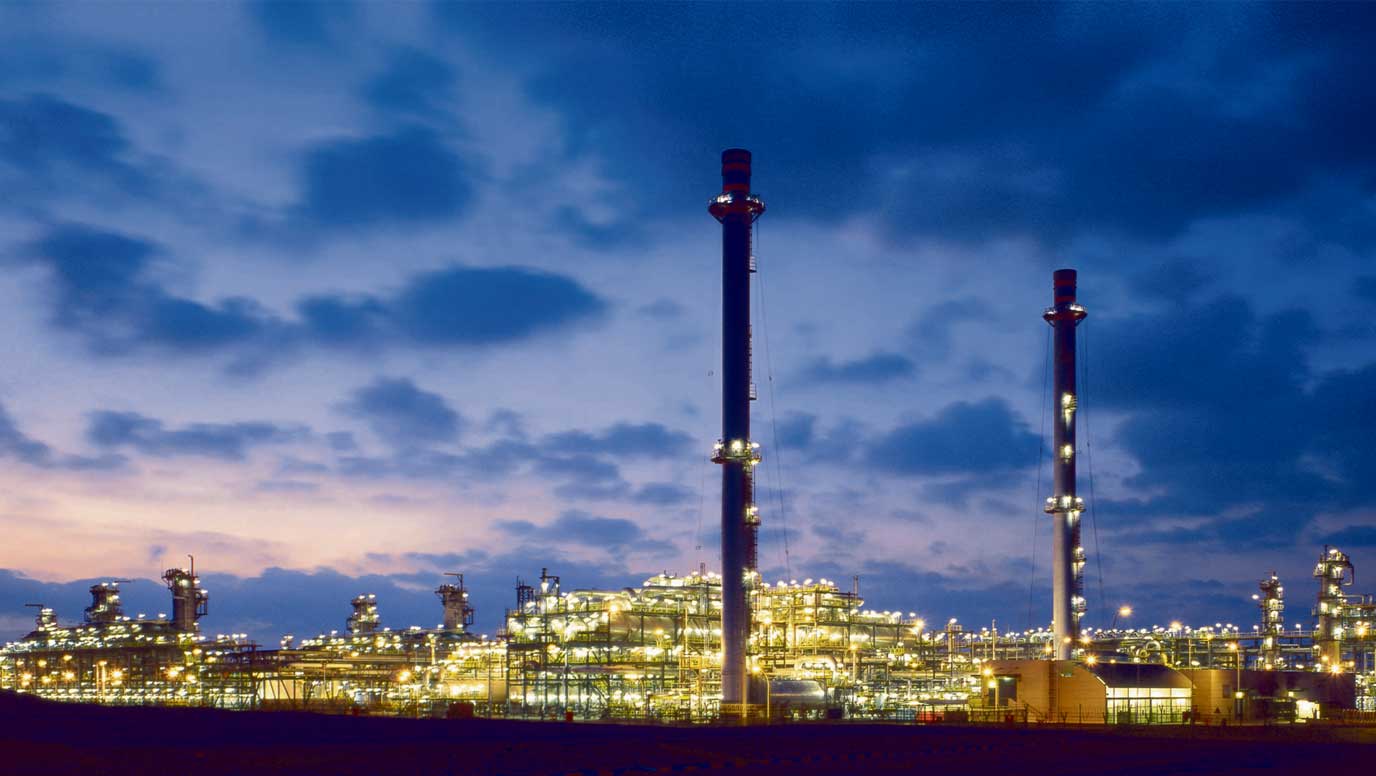Demand soars for Levidian graphene as Abu Dhabi project completes

A pioneering LOOP decarbonisation unit has been deployed in partnership with Baker Hughes at ADNOC Gas’ Habshan site in Abu Dhabi in a world-first installation.
The firm’s microwave plasma system cracks methane to produce hydrogen and capture the carbon from gas as high-quality graphene.
The partners say the installation is a world-first deployment of the technology at an operational gas site. The project will see carbon captured from natural gas and turned into high-quality graphene, which will be evaluated and utilised by ADNOC’s Technology team to explore possible applications. The unit will be capable of producing over a tonne each of graphene and clean hydrogen each year.
As one of the world’s largest gas processing facilities, the five plants at the Habshan complex process around six billion standard cubic feet (6.1 bscfd) of gas per day, supplying natural gas to utilities and industrial customers throughout the UAE including water desalination, steel, aluminium and cement manufacturers.
John Hartley, CEO of Levidian, said: “The completion of commissioning at Habshan is a major milestone for the project and an incredible opportunity to demonstrate the application of our technology within one of the harshest, most operationally challenging environments anywhere in the world.
“We’re seeing huge appetite within the market for our graphene and are excited to be working with ADNOC to unlock a new source of this super-material, which will help establish Levidian as one of the world’s largest producers of graphene that is less carbon intensive, more affordable and of a consistently higher quality than anything available on the market today.”
The first-of-its-kind demonstration could change the shape of Habshan and the future energy landscape, producing two high value commodities that have a key role to play in the energy transition – hydrogen as a critical
future fuel, and graphene as a powerful additive to products including solar panels and batteries for electric vehicles and energy storage facilities that will store excess power produced by renewables.
Other use cases include tyres, concrete and polymer pipes where graphene can significantly reduce leakage and help extend the life of assets.
Mohamed Al Hashemi, Chief Operations Officer of ADNOC Gas, said: “The deployment of LOOP technology is a significant milestone for ADNOC Gas. By transforming methane into valuable graphene and clean hydrogen, we are unlocking new value from natural gas, driving decarbonisation and supporting the UAE’s industrial growth and climate ambitions.
“This project reflects our dedication to shaping a more sustainable energy future while delivering tangible benefits for the industries we serve.”
Data collected during the Middle East pilot will be used to refine the ongoing development of AI modelling and digital twins to minimise energy consumption and maximise graphene output from future installations as part of Levidian’s growing fleet of LOOP units.
AI will also support quality control of the graphene and accelerate potential applications, improving efficiency, reducing waste and enhancing the ultimate decarbonisation impact.
Levidian is one of just five companies in the world to be designated by The Graphene Council as a Verified Graphene Producer.
Its research is conducted at the company’s Cambridge Technology Centre and within world-class graphene labs and facilities at the Cambridge Graphene Centre (CGC) at the University of Cambridge; Graphene Engineering Innovation Centre (GEIC) at the University of Manchester; Research & Innovation Center for Graphene and 2D Materials (RIC-2D) at Khalifa University (UAE), and Cranfield University in Bedfordshire.
Levidian is already working with some of the world’s largest companies across a variety of industries and has sold LOOP and graphene to 50+ customers globally with 10 LOOP units either in the field or in construction.
The company was named Sustainability Champion at last September’s Business Weekly Awards.

